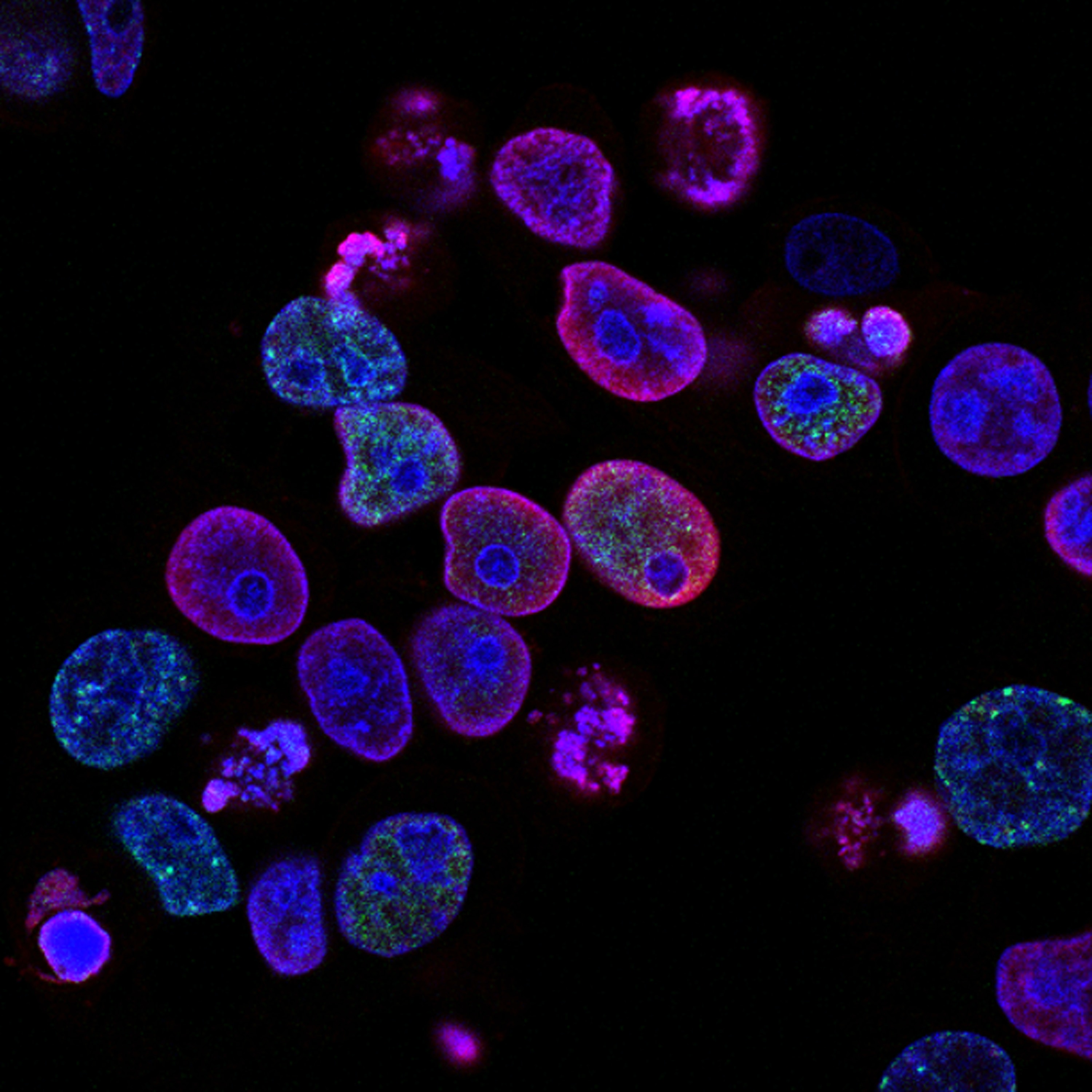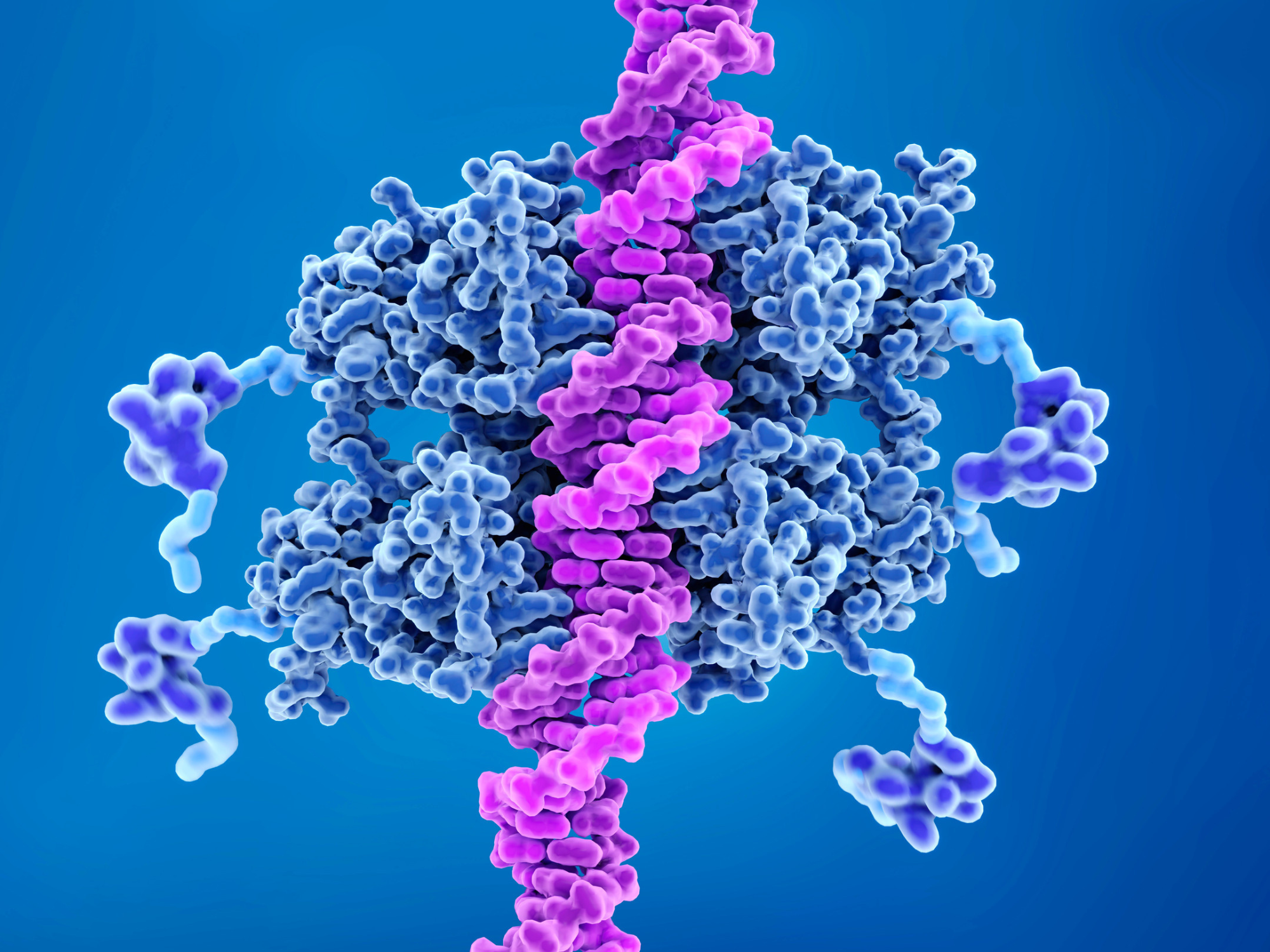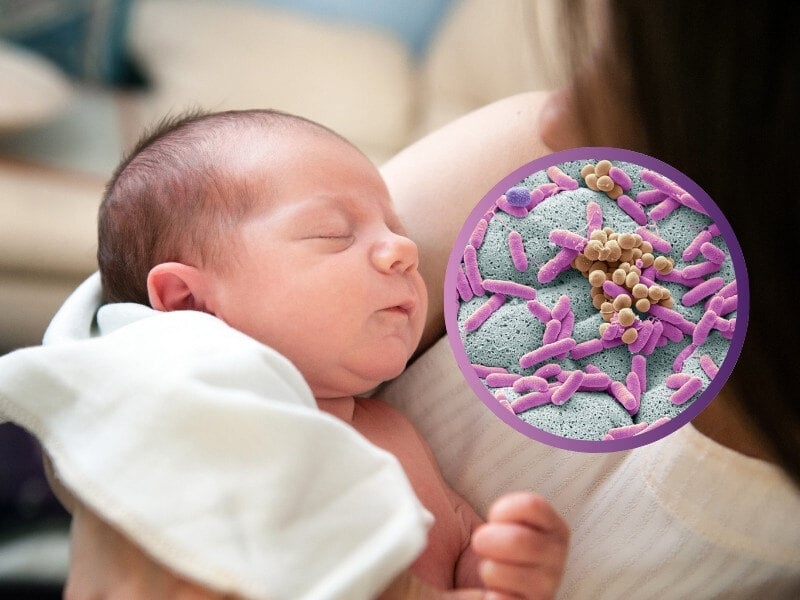New Multi-Omic AI-Driven Initiative for Immuno-Oncology Biomarker Development

Swiss spin-out of ETH Zürich Scailyte has announced the development of a multi-omic and single cell analysis initiative called ScaiPod which is aimed at developing biomarkers for the advancement of precision immuno-oncology.
The initiative has its sights set on further understanding the reasons why immune-checkpoint inhibitors (ICIs) do not always work, including mechanisms of resistance to ICIs and immune-related adverse effects.
Scailyte will build a data lake that incorporates single cell multi-omic, imaging, and clinical data which will be used to develop immuno-oncology biomarker assays.
The company hopes that these assays can then be used identify the best patient populations for clinical trials, de-risk the drug development process, and guide oncological treatment options.
Biomarker and clinical assay development will be chiefly handled by Scailyte’s AI-driven multi-omic analysis platform called ScaiVision.
RELATED:
- Decoding the Language of Tumor Immune Microenvironment: A Deep Dive into Spatial Biology Techniques
- Spatial Transcriptomics for Immuno-Oncology and Analysis of the Tumour Microenvironment
- Uncovering Mechanisms of Immunotherapy Response & Resistance with Single Cell & Spatial Multiomics
A foundational study
Scailyte also announced a foundational study of ScaiPod which will be conducted in collaboration with a research group from the University of Zürich.
Prof. Mitch Levesque, Associate Professor of Translational Dermato-Oncology Department, University Hospital of Zürich and University of Zürich, will lead the group in studying 250 melanoma patients.
Levesque and his Zürich colleagues had previously published a well-cited paper in Nature Medicine which revealed that one immune cell population was predictive of ICI response, while another is prognostic for patient survival.
“We identified a subpopulation of circulating monocytes in the PBMC compartment as a predictive biomarker for ICI treatment response. However, a large, multicentre cohort of melanoma patients is still needed to confirm potential biomarker signatures,” explained Levesque.
He continued: “Therefore, applying a standardized workflow to generate a comprehensive multi-omics dataset in melanoma is critical. In this sense, joining ScaiPod is a unique, exciting opportunity to clinically validate our findings”
Levesque’s group will first collect PBMCs and tumoral tissues from patients before they begin ICI therapy. The team will then analyse these samples to identify predictive biomarkers.
A multi-omic automated clinical workflow
The ScaiPod initiative will then bring in partners from the Zürich University of Applied Sciences to design an automated clinical omics workflow with a view toward scaling-up and syndicating the workflow to other cancer centres.
Scailyte Chief Clinical Advisor and Professor at the University of Texas at Austin, Prof. Laura QM Chow said of the project:
“ScaiPod can generate invaluable insights into cancer biology, helping us to provide personalized treatment to patients. The prospect of establishing a consortium across US and European cancer centres and designing clinical trials aimed at developing companion diagnostics is an exciting and highly rewarding endeavour.”









